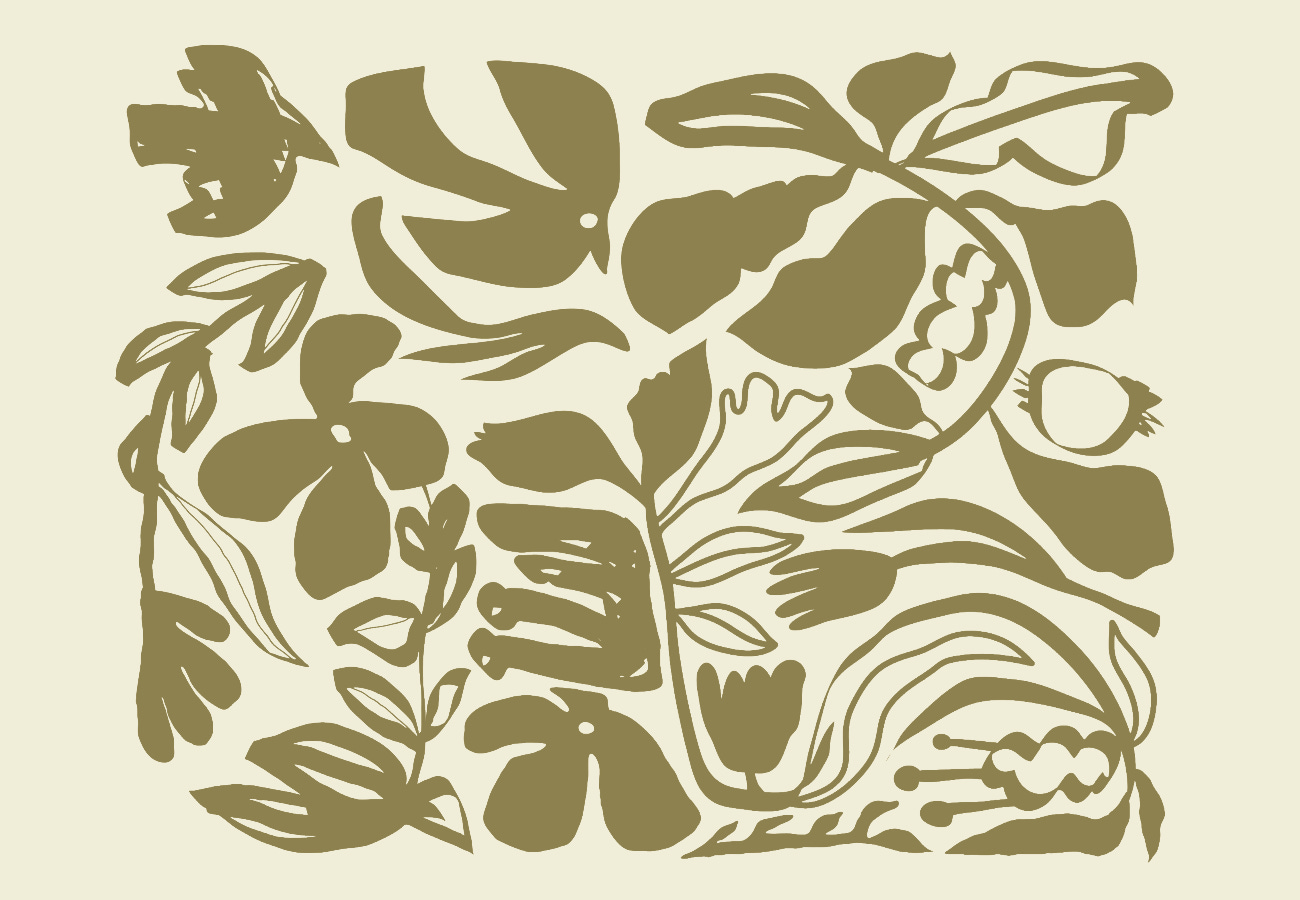I don’t have perfect pitch. I’m grateful for that.
Navigating the world with the ability to hear every wrong note, every well-meaning musician who sings just *slightly* flat? That sounds like torture. Perhaps you grow accustomed to it, but I imagine it would feel like discordant static in your body every time the washing machine ends a cycle with an out-of-tune jingle.
I don’t have perfect pitch, but even I can hear the completion that reverberates in my body when a chord resolves. It’s the feeling that all is right with the world. It’s glorious.
I can’t hear wrong notes, but I know what wrong decisions feel like in my body. The more I learn about coercive control and undue influence, the more I’m amazed at my confident inner compass. I decided on my career before I turned 19 and have been happily working in that profession for the past 20 years. I didn’t debate my choices or spend time on regrets—I knew what was right for me and just did it.
To be clear, I’m not saying that I never make wrong decisions. It’s just that I know deep inside what decisions align with my values, and it feels like something clicking into place when I act in accordance with those values.
My ability to make internally coherent decisions is remarkable because I spent my first 18 years being conditioned to obey external voices. “The heart is sinful. The heart is easily deceived. Your emotions are lying to you.” Those messages were preached from the pulpit and beaten into my body. And yet somehow, I knew at my core that it was wrong.
I’ve been learning more about demand avoidance and pathological demand avoidance (which sounds far scarier than it is). Essentially, it’s an extreme bodily reaction to external demands. The research is unclear (at least to me) if PDA only occurs in an autism profile, but neurotypical demand avoidance shows up for a host of reasons, including…wait for it…trauma.
I’m always trying to figure out why I rejected my family’s cult and my siblings didn’t. I’ve come up with multiple theories over the years: perhaps it’s that I was a voracious reader and they weren’t. Maybe birth order plays a role in it. As the oldest, I experienced more abuse than most of my siblings. I also received more individualized attention before the other children were born. Maybe it’s just my personality.
Try as I might, I cannot come up with a good explanation for why my internal compass is so powerful that it withstood constant beatings. My parents tried to break my will with every tool at their disposal, and somehow it still didn’t work. Hi, it’s me. James Dobson’s worst nightmare: the strong-willed child.
I pretended to submit, I learned to lie, I did whatever it took to survive. I tried to ignore the off-key notes and the utterly ridiculous performances. But I couldn’t deny the fundamental cognitive dissonance between what I was told and what I knew in my body.
It’s fascinating to consider that the trauma of Religious Authoritarian Parenting might backfire and nurture demand avoidance instead of compliance. The responses to James Dobson’s death reveal just how many children emerged from his grip scarred but unbowed. Frankly, it feels like justice when strong-willed children who couldn’t comply turn out to be the anti-fascist heroes we need today.
I still don’t know exactly why I am the way I am, but I’ve come to like Abbi, even if her personality subjected her to extra abuse. And in a fascist country, it’s reassuring to know that I’m unlikely to comply just because someone tells me to.
May there be more of us.


I'm also the oldest, and also the only one of my siblings that rejected everything. I've suspected that maybe it's because I tried to create a buffer for them, so I was the only one who ever experienced knowing no one was going to save me?
thank you for writing about this and making it feel less lonely <3
This is a point I hadn't considered. My youngest was just diagnosed with mild ODD, after taking part in a study (which offered us a thorough free evaluation), but PDA is more along the lines of how I see him. Even if he doesn't meet the requirements, I see the nervous system response that's often happening for him. But I feel the bristling at demands for myself too, even to my kids asking me for something (although this has faded a little over the years), or someone telling me what to do. It makes sense given the unbending hierarchy of evangelical parenting, even if my family was not one of the harsh ones. That inner confidence and resonance though, I think is beautiful, and is is something that was taken from me to a degree and takes rebuilding. I wonder why that could be the case for some of us and not for all.